AI News
The best AI tools for article writing
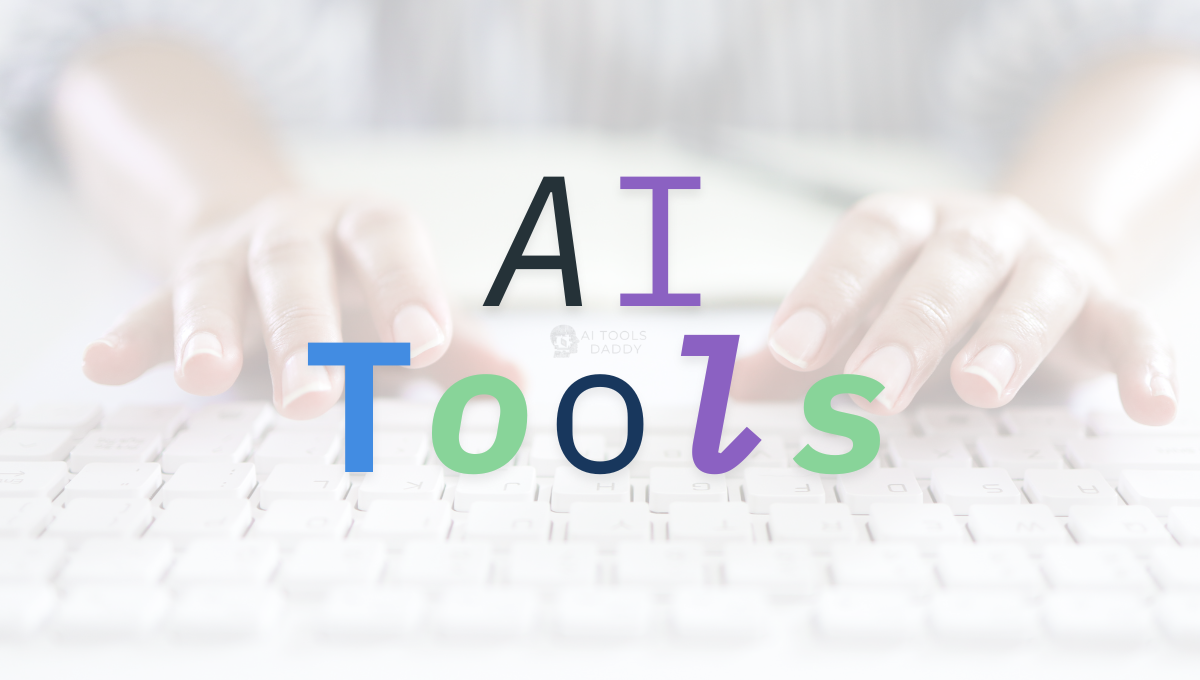
I’m Amit Tiwari, a developer and writer with over 10 years of experience in the tech industry. Throughout my career, I have developed several applications and helped business for growth. My expertise in software development and content creation provides me a unique perspective on how AI tools can change the writing journey.
As per the work, I used AI writing tools when I started exploring how natural language processing could enhance my technical documentation and blog posts. In this article, I will share my findings on accuracy, ease of use, integration capabilities, output quality, and overall value for money.
Why AI Tools Are Game-Changers for Content Creation
Recently, the wave of content creation has transformed with the arrival of AI writing assistants. The AI writing tools don’t just help you write faster, it enhance creativity, improve research capabilities, and ensure consistency across large content files. For developers and technical writers especially, AI tools can bridge the gap between complex technical concepts and accessible content.
Top AI Tools for Article Writing
General Purpose Writing AI Tools
ChatGPT
ChatGPT is still one of the best all-around AI writing tools you can use right now. What makes it great is how well it can write pretty much anything – whether you need help with a technical how-to guide or want to create marketing content. It’s particularly good at:
- Research and fact-gathering for complex topics
- Creating detailed article outlines and structures
- Generating multiple content variations quickly
You can build upon previous responses, ask for specific modifications, and develop ideas through dialogue.

Image Credit – Canva (Free)
Claude – Advanced Reasoning for In-Depth Content
Claude specializes in long-form content creation with superior reasoning capabilities. It’s particularly effective for:
- Synthesizing information from multiple sources
- Creating well-structured, coherent arguments
- Handling complex technical subjects with accuracy
- Maintaining context across extensive documents
The tool’s ability to process and analyze large amounts of information makes it ideal for research-heavy articles and comprehensive guides.
Gemini – Research Integration at Scale
Google Gemini is basically Google’s version of ChatGPT – it’s an AI assistant that can have conversations and help you create content.
Here’s how it can make your content writing easier:
Writing for you: Instead of staring at a blank page, you can ask Gemini to write blog posts, social media captions, emails, or whatever you need. Just tell it what you want and it’ll create a first draft. Coming up with ideas: Stuck on what to write about? Gemini can suggest topics, help you for the better headlines, or give you different area to approach a subject.
Making your writing better: If you’ve already written something, Gemini can help change it up – fix grammar errors, make sentences clear, or change the words to sound more professional or casual.
Turning one piece into many: Got a long article? Gemini can turn it into several social media posts, a summary, or adapt it for different websites.
Writing in other languages: Need content in Spanish, French, or another language? Gemini can translate or write directly in those languages.
Staying organized: It can help you plan what to post when and keep track of your content schedule.
You can use Gemini through Google’s website, and it’s also built into Google Docs and other Google apps. Think of it as having a writing assistant available 24/7 who never gets tired and can help with any type of writing project.
- Real-time fact-checking and source verification
- Incorporating current events and trending topics
- Creating data-driven content with recent statistics
- Cross-referencing multiple information sources
Content Creation Specialists
Jasper – Marketing-Focused Content Engine
Marketers love using Jasper because it includes pre-written templates that help you write faster. Here’s why it’s so popular.
- Pre-built templates for various content types
- Brand voice consistency across campaigns
- Integration with popular marketing tools
- SEO-friendly content suggestions
Copy.ai – User-Friendly Content Automation
It balances between functionality and simplicity. It offers:
- Intuitive workflow automation for content creation
- Multiple format options for repurposing content
- Collaborative features for team-based writing
- Quick generation of social media variations
Writesonic – SEO-Optimized Article Creation
Writesonic focuses specifically on creating search-engine-friendly content. Notable features include:
- Built-in SEO analysis and optimization suggestions
- Keyword integration and density optimization
- Meta description and title tag generation
- Content scoring based on SEO best practices
SEO-Specialized Platforms
SurferSEO – Data-Driven Content Optimization
SurferSEO combines AI writing with comprehensive SEO analysis. The platform provides:
- Competitor content analysis and gap identification
- Real-time SEO scoring during content creation
- Keyword clustering and topic authority building
- SERP analysis for content strategy development
This tool is invaluable for content creators who prioritize search engine visibility and organic traffic growth.
Frase – Research-Powered Content Strategy
Frase excels at transforming research into actionable content. Key capabilities include:
- Automated research briefing from top-ranking pages
- Question-based content ideation from search queries
- Content gap analysis against competitors
- Answer engine optimization for featured snippets
MarketMuse – Authority-Based Content Planning
MarketMuse takes a strategic approach to content creation by focusing on topical authority. It offers:
- Content cluster planning for comprehensive topic coverage
- Authority scoring based on content depth and expertise
- Competitive content landscape analysis
- Long-term content strategy development
Specialized and Integration Tools
Notion AI – Workspace-Integrated Writing
For teams already using Notion, the integrated AI capabilities provide seamless content creation within existing workflows:
- Native integration with project management systems
- Collaborative editing with AI assistance
- Template-based content generation
- Knowledge base integration for consistent information
Grammarly – Advanced Editing and Refinement
While primarily known for grammar checking, Grammarly’s AI capabilities extend to comprehensive content improvement:
- Tone detection and adjustment suggestions
- Clarity and engagement optimization
- Plagiarism detection and originality scoring
- Style consistency across documents
QuillBot – Sophisticated Content Refinement
QuillBot specializes in content transformation and optimization:
- Advanced paraphrasing with context preservation
- Multiple writing style adaptations
- Citation and reference management
- Content summarization for research purposes
Selecting the Right Tool for Your Needs
Content Volume and Frequency: High-volume content creators benefit from tools with automation features and template systems, while occasional writers might prefer more flexible, conversation-based platforms.
Technical Complexity: For technical documentation and developer-focused content, prioritize tools with strong reasoning capabilities and accuracy in handling complex concepts.
SEO Requirements: If search engine optimization is crucial for your content strategy, invest in specialized SEO platforms that provide optimization insights alongside content generation.
Team Collaboration: Organizations with multiple content contributors should consider platforms with robust collaboration features and brand consistency tools.
Budget Considerations: Evaluate the cost-per-word or monthly subscription rates against your content production volume to determine the best value proposition.
Best Practices for AI-Assisted Writing
To maximize the effectiveness of AI writing tools, follow these proven strategies:
Start with Clear Prompts: Provide detailed context, target audience information, and specific requirements to get more accurate and relevant output.
Use Iterative Refinement: Don’t expect perfect results on the first attempt. Use follow-up prompts to refine tone, add specific details, or adjust the content structure.
Fact-Check and Verify: Always verify factual claims, statistics, and technical information generated by AI tools, especially for professional or academic content.
Maintain Your Voice: Use AI as a starting point or enhancement tool rather than a complete replacement for your unique writing style and expertise.
Combine Multiple Tools: Different tools excel in different areas.
The Future of AI-Powered Content Creation
The AI writing skills continue to grow rapidly, with new capabilities and improvements being updated regularly. Key information to watch include:
- Enhanced integration with existing content management systems
- Improved understanding of industry-specific terminology and contexts
- Better collaborative features for team-based content creation
- More sophisticated SEO optimization and performance prediction
The tools are now converting simple text generators to comprehensive content strategy partners that can help with ideation, research, creation, and optimization.
Conclusion
Effective AI writing tools can accelerate your writing process without compromising quality. If you’re documenting your coding projects, writing blog posts, or making detailed how-to guides, there’s probably an AI tool out there that’ll make your life easier.
Always try a few different options and see what clicks with how you already work. These tools work best when they help you do what you do better – not when they try to do everything for you.
Pick one or two tools that solve your biggest writing headaches first. Get really good with those, then add more to your toolkit as you go. Trust me, the time you spend learning these platforms will be worth it. You’ll write faster, your content will be better, and you might even discover new ways to be creative.

AI News
YouTube rolls out new AI-powered tools for Shorts creators

YouTube has officially announced the new AI-driven creation tools for generating the unique and best Shorts, according to a recent blog post by the platform.
The new features include a Photo to video converter, generative effects, and access to an AI playground for experimenting with creative outputs.
Photo to video tool
The Photo to video tool allows users to transform still images from their camera roll into animated Shorts. Users can select a photo and apply creative suggestions that add motion, such as animating landscapes, objects or group pictures.
This feature is being rolled out across the United States, Canada, Australia and New Zealand, with more regions expected to follow later in the year. For your information, it is available for free.
Both the Photo to video and generative effects are powered by Google’s Veo 2 technology. YouTube said Veo 3 would be integrated into Shorts later this summer.
The feature is currently available in the US, Canada, Australia and New Zealand and can be accessed by tapping the create button, followed by the sparkle icon.
YouTube noted that AI-generated content will include SynthID watermarks and clear labels to indicate that it was created using artificial intelligence.
According to the blog post, the new tools are designed to make the creative process more accessible, while preserving transparency about AI use in content creation.
AI News
Google Expands Firebase Studio with AI Tools for Popular Frameworks
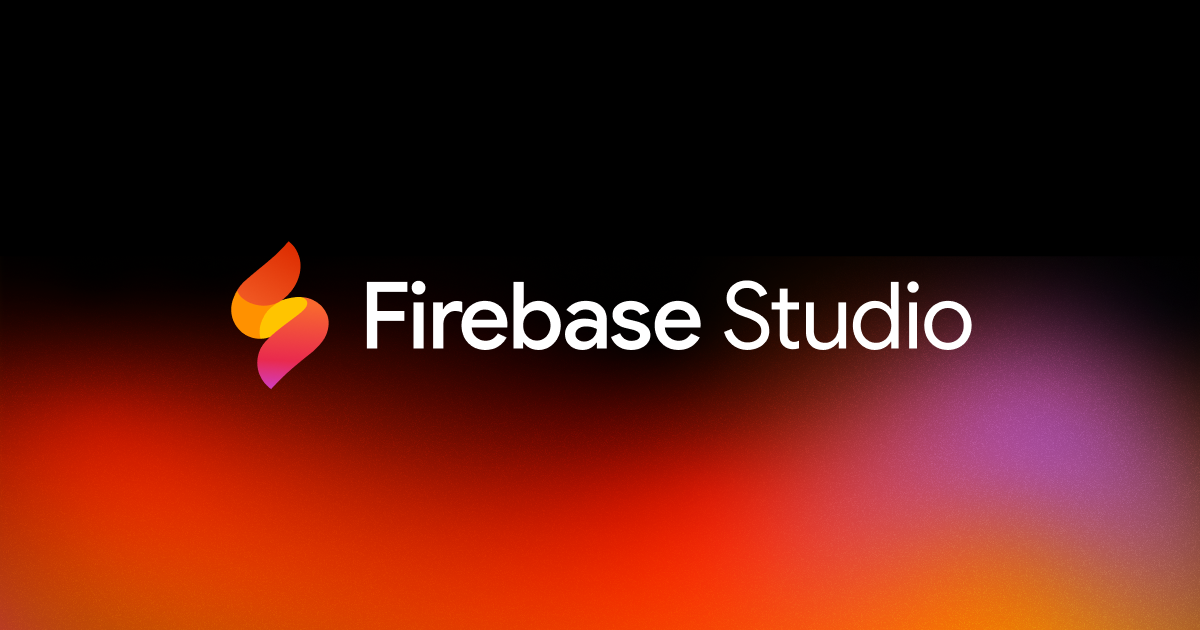
Google has officially released a series of updates to Firebase Studio aimed at expanding its AI development capabilities and deepening integration with popular frameworks and Firebase services.
For your information, the released features were unveiled at I/O Connect India.
At the core of the update are AI-optimised templates for Flutter, Angular, React, Next.js, and general Web projects. These templates enable developers to build applications in Firebase Studio using Gemini, Google’s AI assistant, with the workspace defaulting to an autonomous Agent mode.
“We’re unveiling new updates that help you combine the power of Gemini with these new features to go from idea to app using some of your favourite frameworks and languages,” said Vikas Anand, director of product management at Google.
Firebase Studio now supports direct prompting of Gemini to integrate backend services. Developers using App Prototyping Agent or an AI-optimised template can simply describe the desired functionality, and Gemini will recommend and incorporate relevant Firebase services, including adding libraries, modifying code, and assisting with configuration.
“You can get assistance from Gemini to help you plan and execute tasks independently without waiting for step-by-step approval,” said Jeanine Banks, vice president and general manager, Developer X at Google.
AI News
Nvidia, AMD to Resume AI Chip Sales to China in US Reversal

Nvidia reportedly plans to resume sales to China that’s become part of a global race pitting the world’s biggest economies against each other. The company’s announcement on Monday comes after Nvidia CEO Jensen Huang met with President Donald Trump at the White House last week.
AMD AI Chip Plan For China
AMD also planning to restart sales of its AI chips to China. “We were recently informed by the Department of Commerce that license applications to export MI308 products to China will be moving forward for review,” the company said in a statement to CNN. “We plan to resume shipments as licenses are approved. We applaud the progress made by the Trump Administration in advancing trade negotiations and its commitment to US AI leadership.”
Treasury Secretary Scott Bessent told Bloomberg in an interview Tuesday that the Nvidia export controls have been a “negotiating chip” in the larger US-China trade talks, in which the two countries have made a deal to lower tariffs charged on one another.

The same day Commerce Secretary Howard Lutnick said that the resumption of Nvidia’s AI chip sales to China was part of the trade agreement with Beijing on rare earths. “We put that in the trade deal with the magnets,” he told Reuters, referring to rare earth magnets.
“In order for America to be the world leader, just like we want the world to be built on the American dollar, using the American dollar as a global standard, we want the American tech stack to be the global standard,” Huang told CNN’s Fareed Zakaria in an interview that aired Sunday. “We love that the internet is created by American technology and is built on American technology, and so we should continue to aspire to that.”

 AI News7 months ago
AI News7 months agoTurn Photos into Videos Using Google Gemini AI

 AI News7 months ago
AI News7 months agoGoogle Expands Firebase Studio with AI Tools for Popular Frameworks

 AI News7 months ago
AI News7 months agoApple New AI Model Can Detect Pregnancy With 92 percent

 AI News7 months ago
AI News7 months agoGoogle hires Windsurf execs in $2.4 billion deal

 AI Tutorial7 months ago
AI Tutorial7 months agoHow to Turn Off Microsoft AI Features

 AI News7 months ago
AI News7 months agoOpenAI has now restored the services after outage

 AI News7 months ago
AI News7 months agoYouTube rolls out new AI-powered tools for Shorts creators

 AI Tools7 months ago
AI Tools7 months agoIs This Simple Note-Taking App the Future of AI?










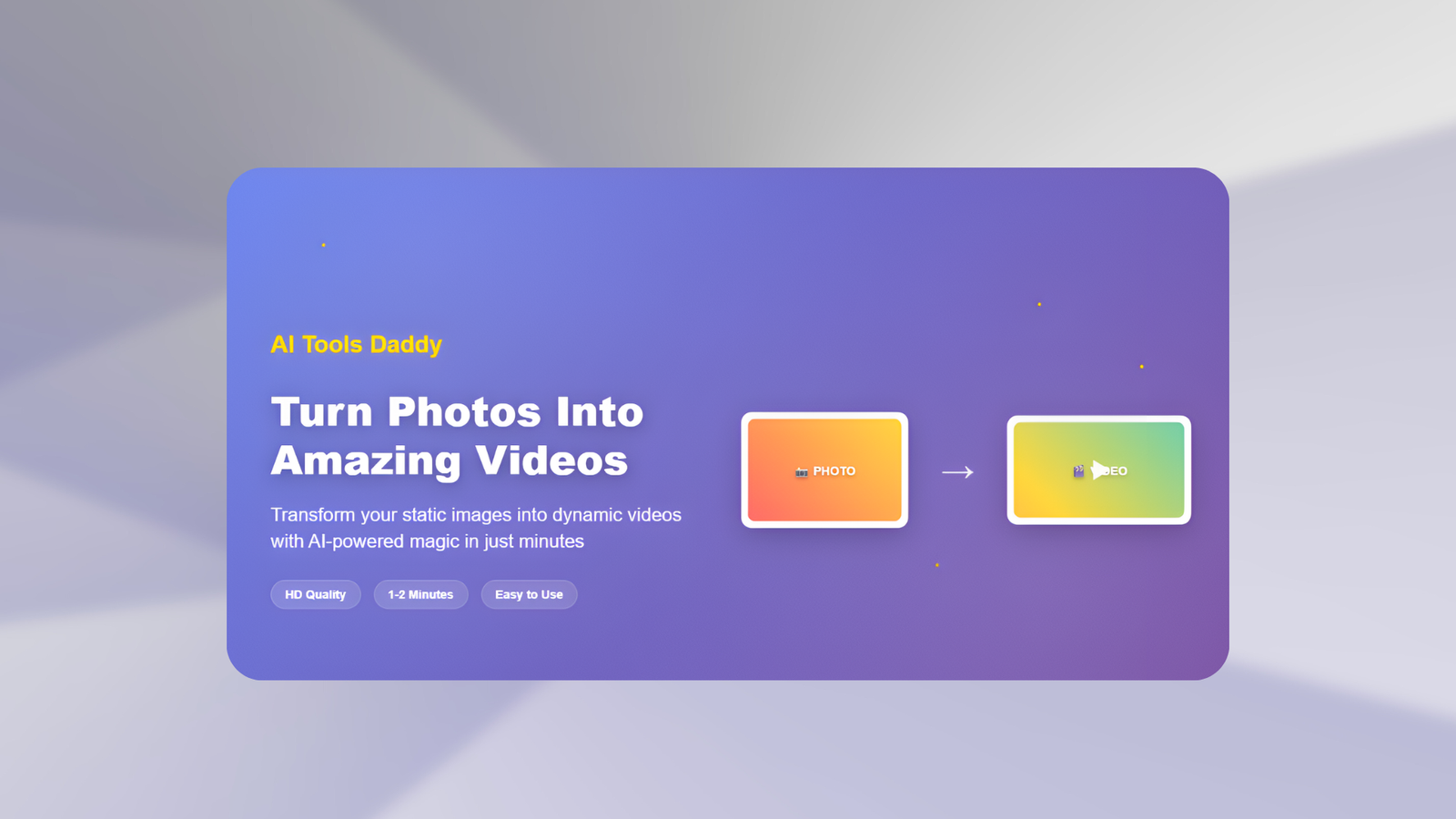
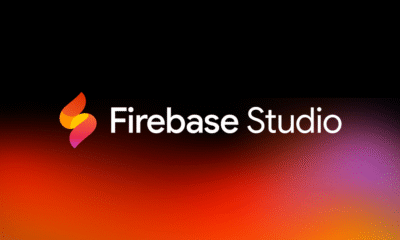

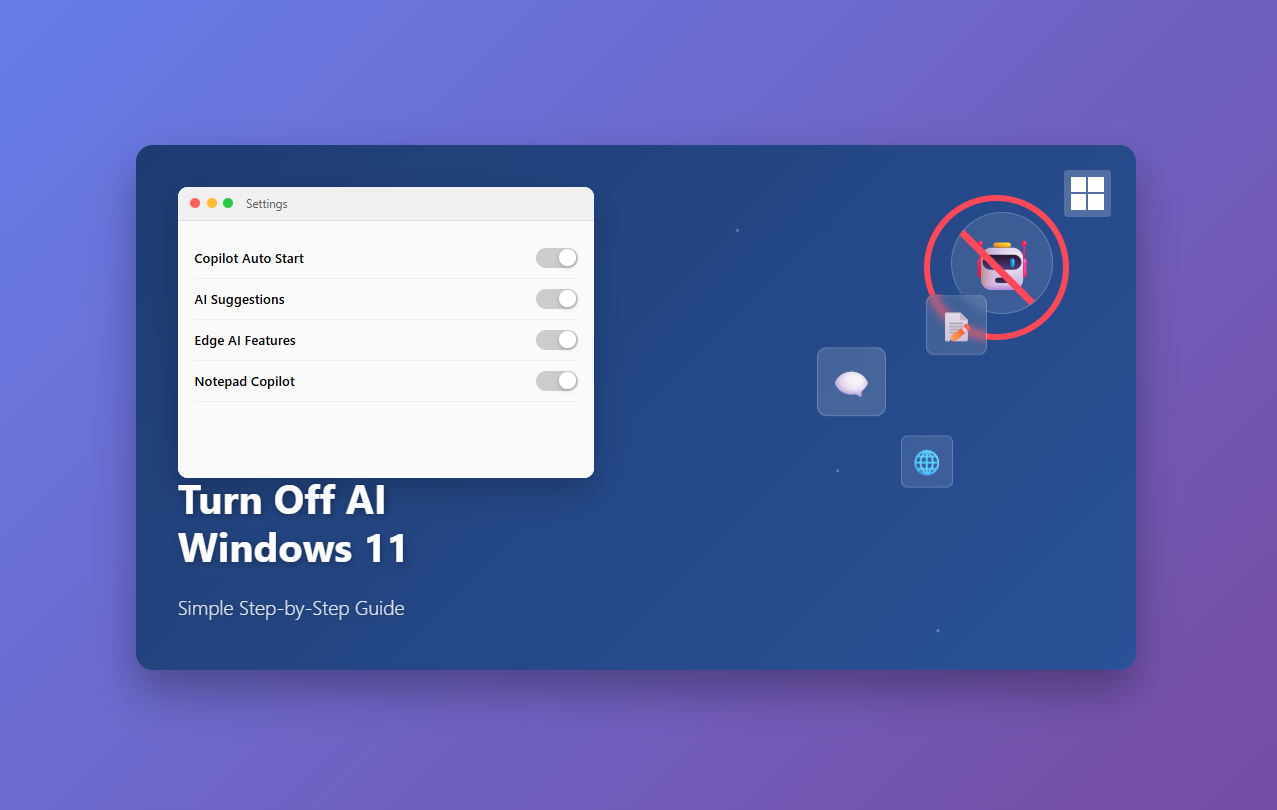
Pingback: Best AI Writing Tools: A Simple Guide to Help You Write Better - AI Tools Daddy